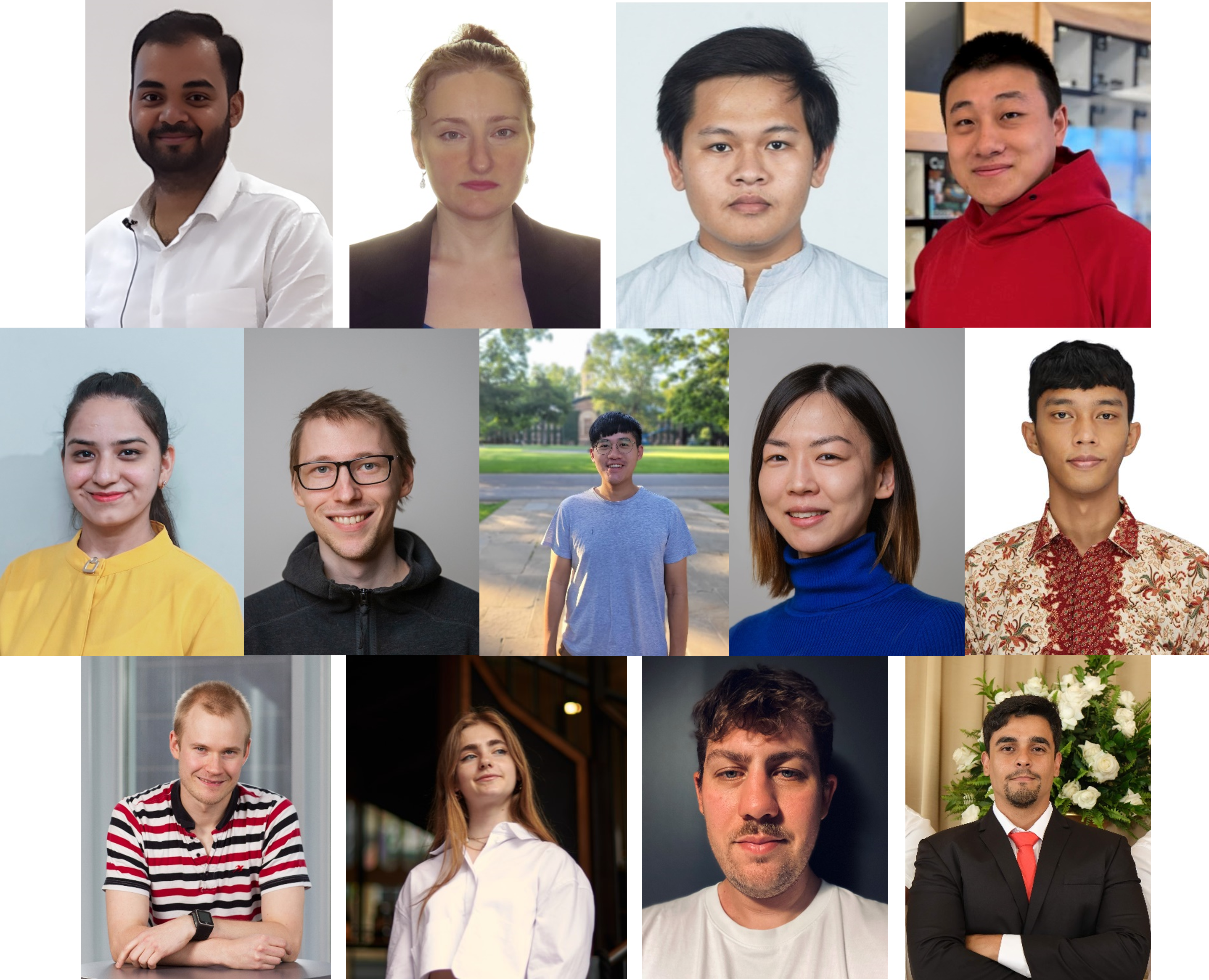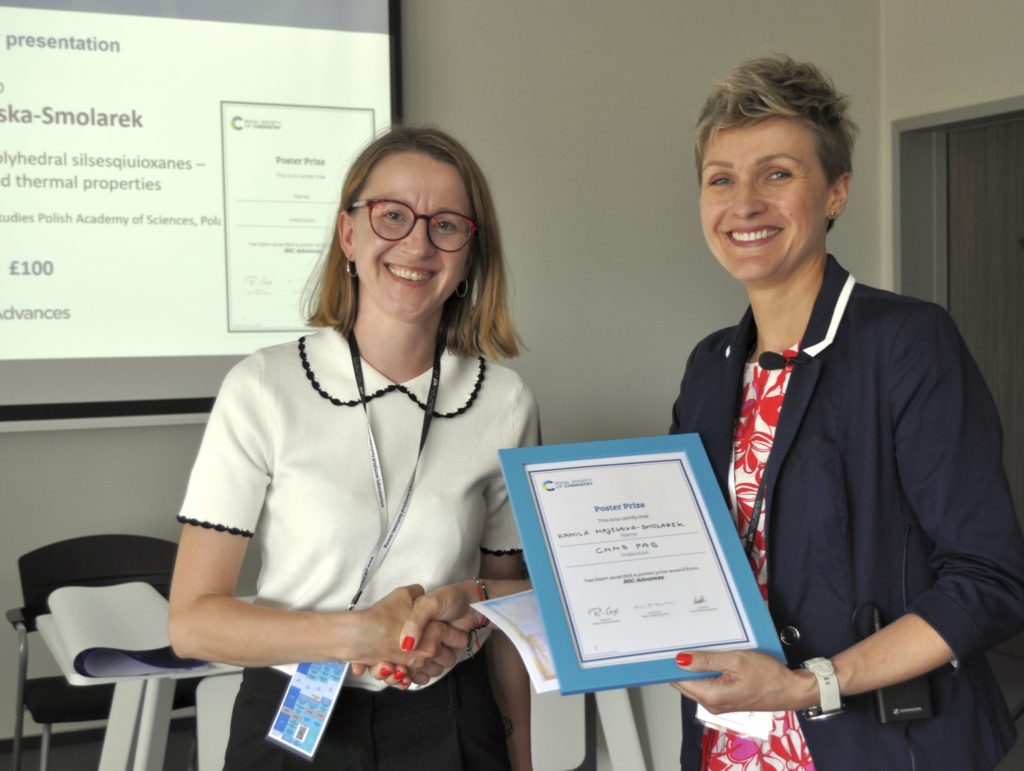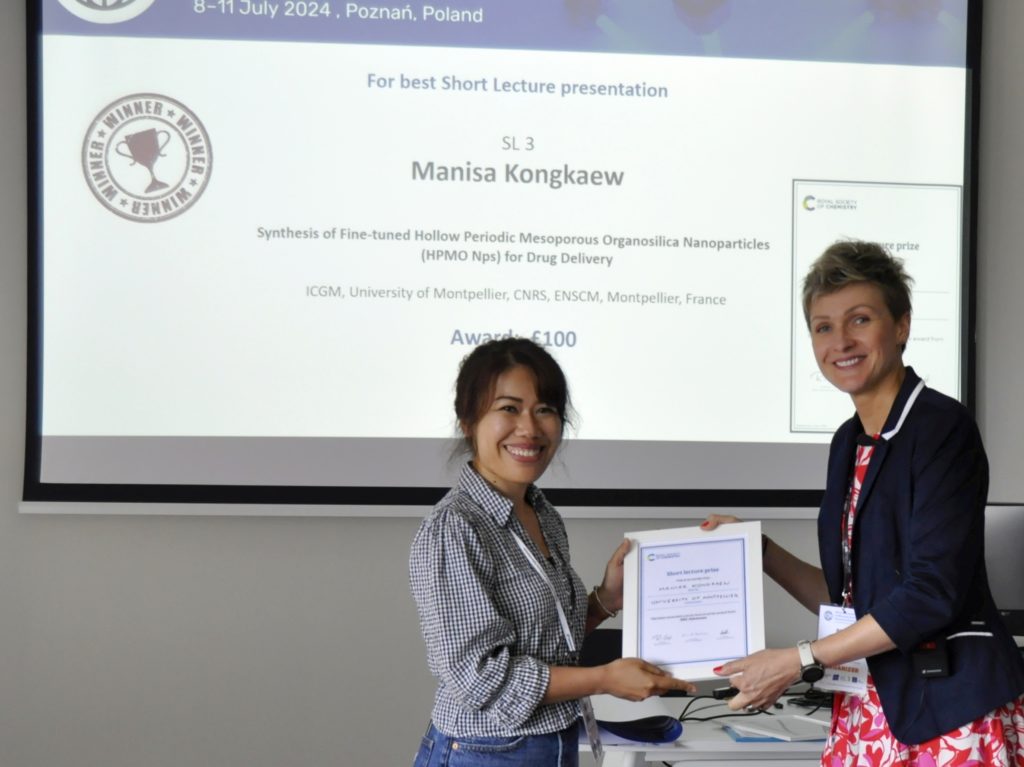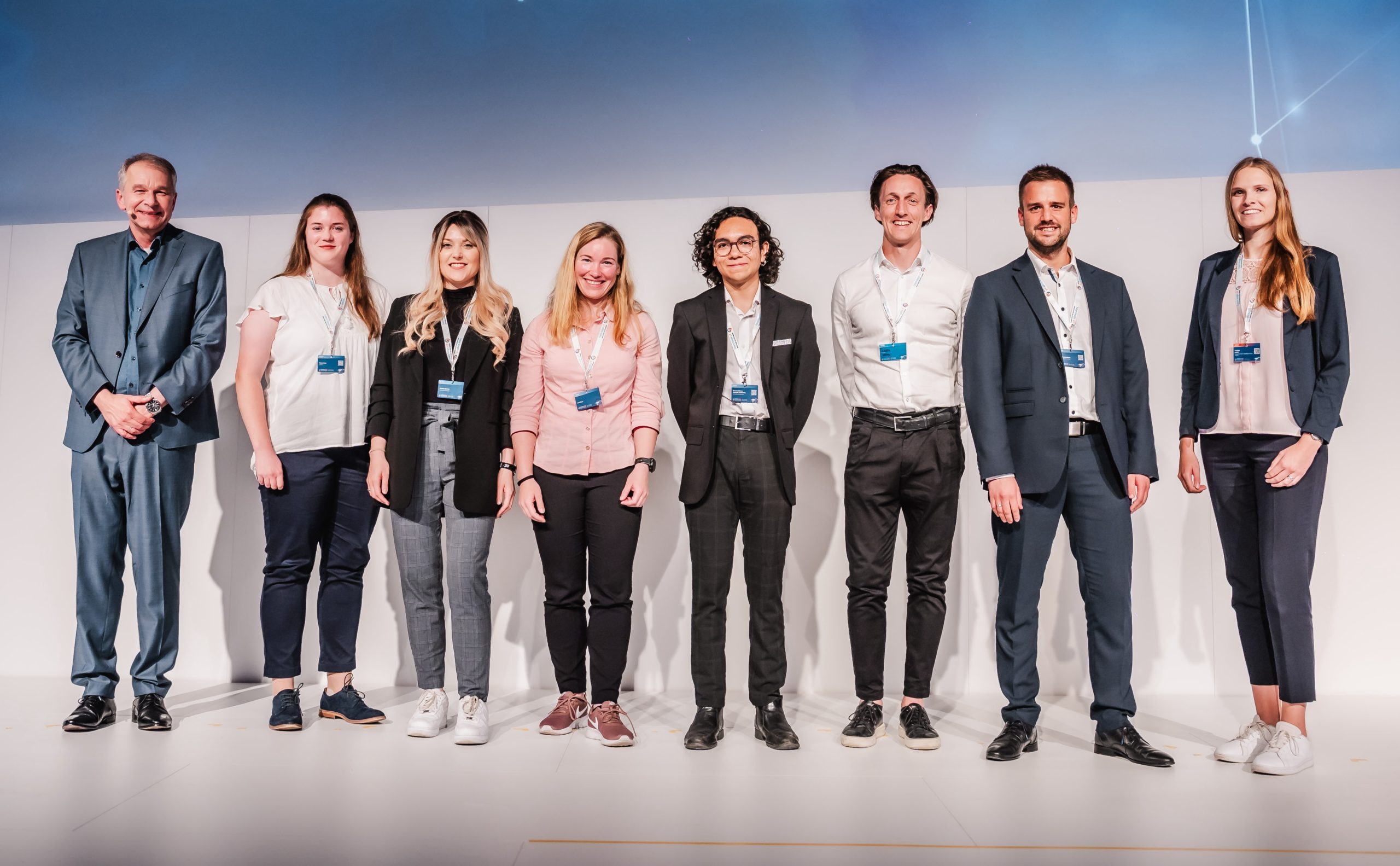We are delighted to present the 2024 edition of the RSC Advances Emerging Investigators series! Following the success of our 2023 edition, we are excited to continue highlighting the chemistry research being conducted by some of the leading investigators in our community.
This year’s Series Editors were Professor Shirley Nakagaki (Federal University of Paraná, Brazil) and Professor Fabienne Dumoulin (Acıbadem Mehmet Ali Aydınlar Universit, Türkiye). Nine articles were selected to support emerging researchers who are already making strides in their respective fields of research, both nationally and internationally. This series focused on interesting studies showcasing researchers’ efforts to obtain information that could potentially address the United Nations Sustainable Development Goals (UN SDGs). Here we showcase publications that present an advance in chemistry and support societal efforts for sustainable development. Read all about the collection in this accompanying Editorial.
We would like to take this opportunity to highlight an author from the series, Daniel Heredia. We interviewed Daniel about his work.
Daniel Heredia
Could you briefly explain the focus of your article to the non-specialist (in one or two sentences only) and why it is of current interest?
We developed a new perfluorinated porphyrin-PEDOT conjugated polymer obtained through electrochemical polymerization, designed to act as an active material for energy storage devices. Its simplicity, stability, and ambipolar redox behavior make it a promising candidate for next-generation sustainable and active material in the development of supercapacitor energy storage devices.
This research is of current interest because the growing global energy demand and the challenges associated with climate change make it essential not only to develop renewable energy sources but also to design efficient systems for energy storage.
How big an impact could your results potentially have?
Our approach demonstrates that stable, multifunctional conjugated polymers can be synthesized through a simple and scalable electrochemical route, potentially impacting the design of flexible, durable materials for supercapacitors and other energy-related technologies.
Could you explain the motivation behind this study?
It is similar to the response in question one (why it is of current interest?). We aimed to bridge the gap between complex synthetic procedures and practical applicability in functional materials. By designing a porphyrin monomer with electropolymerizable EDOT units, we sought to obtain a high-performance material through an efficient and environmentally friendly process.
In your opinion, what are the key design considerations for your study?
In our study, one of the key design considerations was to develop a simple, high-yielding, and scalable synthetic route. We proposed a two-step synthesis that allows the efficient preparation of the monomer, facilitating its future translation from laboratory research to potential large-scale or industrial applications. This straightforward approach not only reduces synthetic complexity and cost but also enhances reproducibility, which is essential for the practical implementation of advanced materials. In addition, another key consideration was combining an electron-withdrawing perfluorinated porphyrin core with electroactive EDOT moieties to enable ambipolar behavior and stable electrodeposition. This molecular design ensured both photo- and chemical stability.
Which part of the work towards this paper proved to be most challenging?
There was no particularly challenging stage during the development of this work, as each member of the research team had solid experience in complementary areas such as organic synthesis, photochemistry, electrochemical deposition, impedance spectroscopy, and supercapacitor characterization. This multidisciplinary expertise allowed us to address every aspect of the study efficiently and to carry out the project smoothly from synthesis to supercapacitor evaluation.
What aspect of your work are you most excited about at the moment?
We are excited about the ambipolar nature and stability of these polymeric films, which opens the door to applications not only in supercapacitors but also in light-harvesting and optoelectronic devices.
How has your research evolved from your first article to this particular article?
Our research has evolved from studying isolated photoactive macrocycles to integrating them into functional polymeric systems.
What is the next step? What work is planned?
We plan to explore metal–corrole and porphyrin-based electropolymers to improve redox performance and extend their applications to self-sterilizing and photoresponsive coatings.

Submit to RSC Advances today! Check out our author guidelines for information on our article types or find out more about the advantages of publishing in a Royal Society of Chemistry journal.
Keep up to date with our latest Popular Advances, Reviews, Collections & more by following us on BlueSky. You can also keep informed by signing up to our E-Alerts.













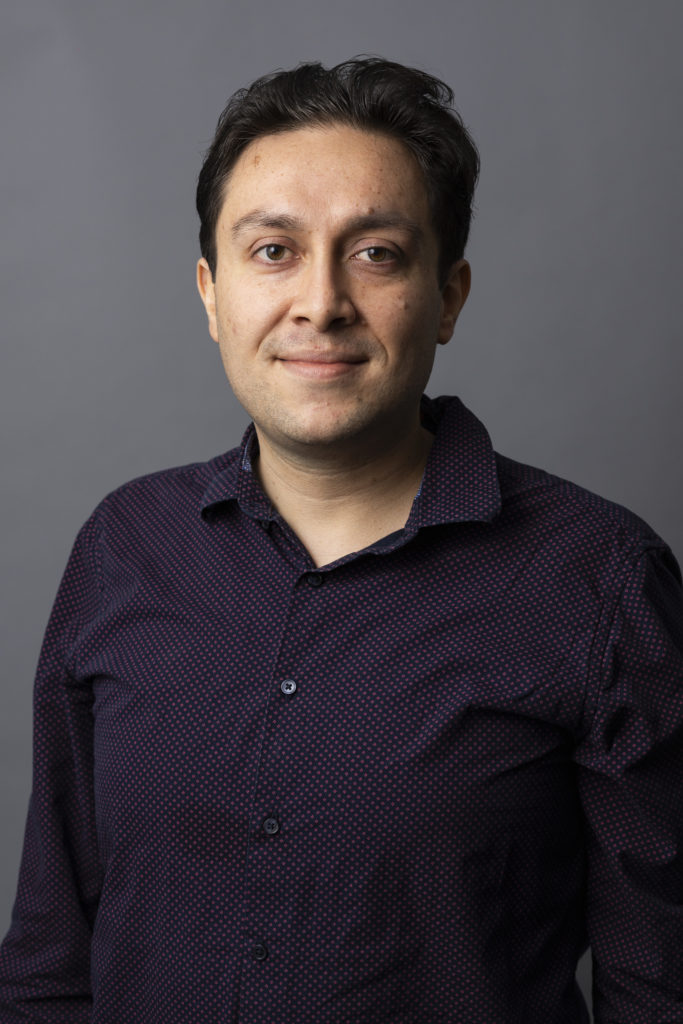

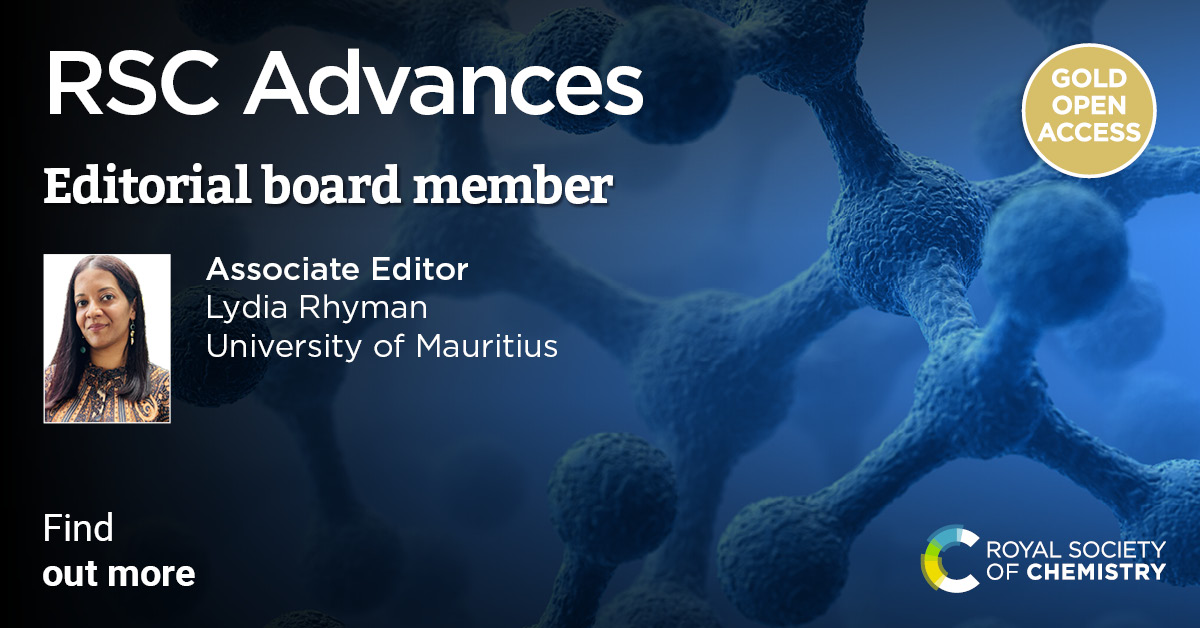
 Tracking changes inside cells is essential for understanding both normal biological functions and disease processes. Fluorescent probes are valuable tools for this purpose, offering advantages over genetically encoded alternatives. Despite significant advances in organelle-specific probes, several challenges persist. This work highlights key design strategies for such probes, including cellular uptake mechanisms and the interplay between the properties of the target organelle and the physicochemical characteristics of the probe. Additionally, it showcases recent advancements and addresses current challenges in the development of organelle-targeted fluorescent probes.
Tracking changes inside cells is essential for understanding both normal biological functions and disease processes. Fluorescent probes are valuable tools for this purpose, offering advantages over genetically encoded alternatives. Despite significant advances in organelle-specific probes, several challenges persist. This work highlights key design strategies for such probes, including cellular uptake mechanisms and the interplay between the properties of the target organelle and the physicochemical characteristics of the probe. Additionally, it showcases recent advancements and addresses current challenges in the development of organelle-targeted fluorescent probes.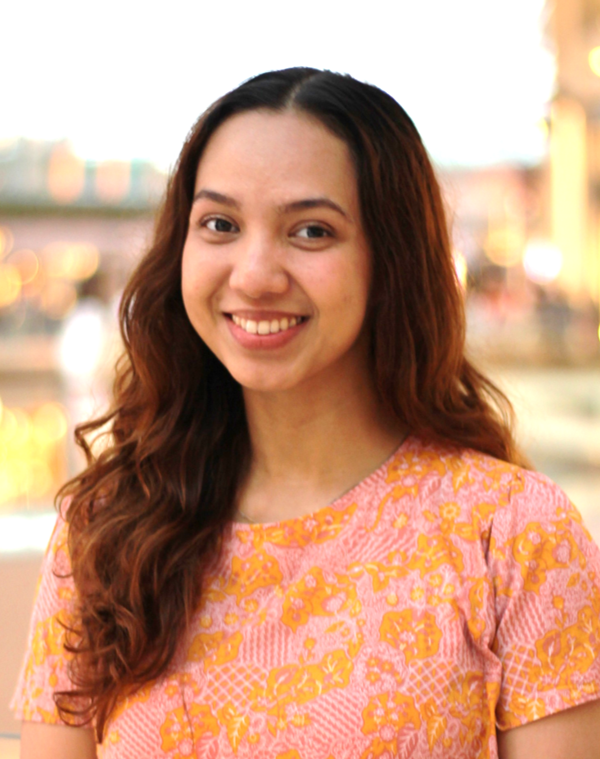 After completing her BSc at Universitas Indonesia (UI), Samira Husen Alamudi received her PhD in chemistry from the National University of Singapore (NUS) in 2015 under the supervision of Prof. Young-Tae Chang. She then pursued postdoctoral studies at NUS and later worked as a Research Fellow at the Agency for Science, Technology and Research (A*STAR), Singapore, with Prof. Young-Tae Chang and Prof. Ichiro Hirao until 2021. She subsequently worked in the biotechnology industry before joining UI in 2023, where she is currently an assistant professor. Her research interests include the development of small fluorescent probes for monitoring intracellular dynamics in native cellular environments.
After completing her BSc at Universitas Indonesia (UI), Samira Husen Alamudi received her PhD in chemistry from the National University of Singapore (NUS) in 2015 under the supervision of Prof. Young-Tae Chang. She then pursued postdoctoral studies at NUS and later worked as a Research Fellow at the Agency for Science, Technology and Research (A*STAR), Singapore, with Prof. Young-Tae Chang and Prof. Ichiro Hirao until 2021. She subsequently worked in the biotechnology industry before joining UI in 2023, where she is currently an assistant professor. Her research interests include the development of small fluorescent probes for monitoring intracellular dynamics in native cellular environments.



